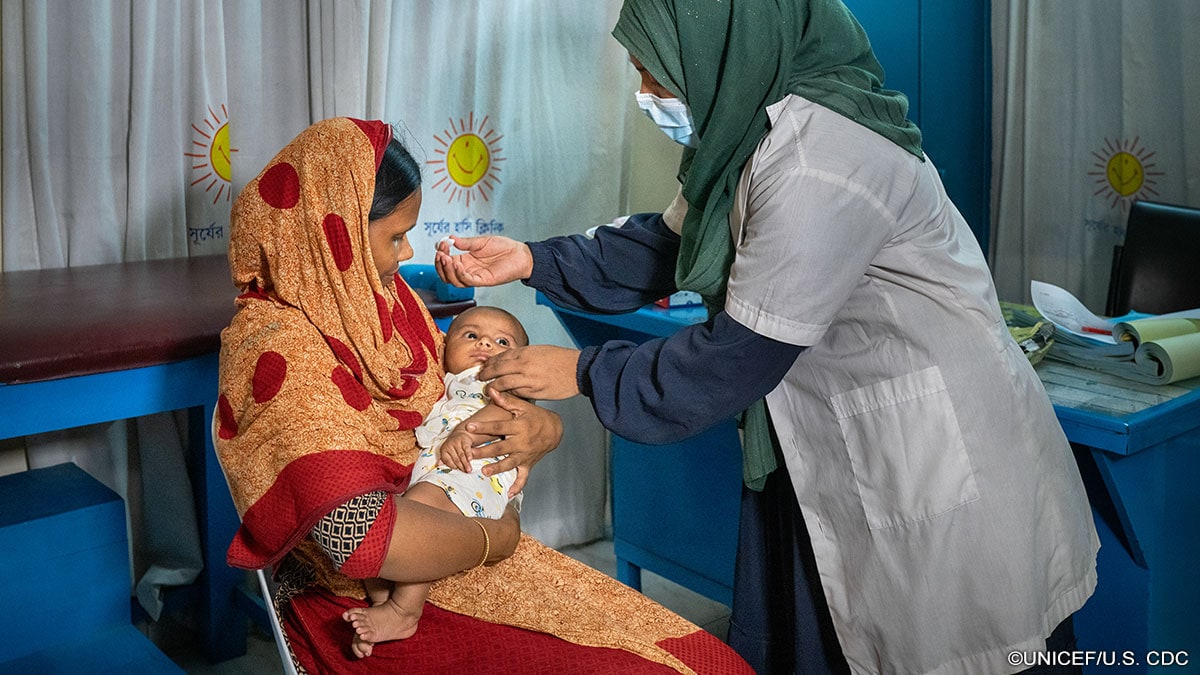What to know
CDC works 24/7 to defend the U.S. from disease threats. CDC has more than 70 years of public health experience. In today’s interconnected world, a disease threat anywhere is a disease threat everywhere.

Disease knows no borders
CDC saves lives and safeguards economies
With the speed of global travel, preventing the spread of infectious disease is more important than ever before. Global health security is important for the United States's national and economic security.
As the agency responsible for our nation’s health security, CDC protects our nation against dangerous and costly health threats. CDC is committed to assisting other countries around the world to be better prepared to prevent, detect, and respond to disease outbreaks.
CDC experts in disease detection, outbreak investigation, and emergency response, provide critical services to ensure public health safety and security.
Laboratory Expertise
Public Health Surveillance
Workforce Development
Emergency Operations
Real Time Evaluation and Research
HIV and tuberculosis
- In 2022, as a part of the President’s Emergency Plan for AIDS Relief (PEPFAR), CDC supported antiretroviral treatment for over 12 million people living with HIV—more than 40% of all people on treatment worldwide.
- As of September 30, 2022, CDC supported TB screenings for over 10 million people with HIV—more than 60% of all people with HIV screened for TB through PEPFAR.
Immunizations
- Measles vaccines have saved more than 56 million lives worldwide between 2000–2021.
- Since 1988, polio vaccinations have prevented paralysis in over 21 million people.
Outbreaks and emergency response
- Since 2007, CDC has identified and reported more than 1,700 public health events, which included more than 200 different diseases in over 200 countries and territories
- Since 2015, CDC has deployed over 770 staff on 2,876 deployments in more than 62 countries and 43 U.S. states to respond to international disease outbreaks and health emergencies.
Malaria
- CDC and partners have saved nearly 12 million lives and prevented over 2 billion malaria infections since 2000. This was achieved through proven interventions like vector control, use of insecticide treated bed nets, and strategic use of antimalarial drugs.
- CDC’s efforts to eliminate neglected tropical diseases has helped 341 million people no longer needing treatment for lymphatic filariasis, 172 million for trachoma, and 11 million for onchocerciasis.
